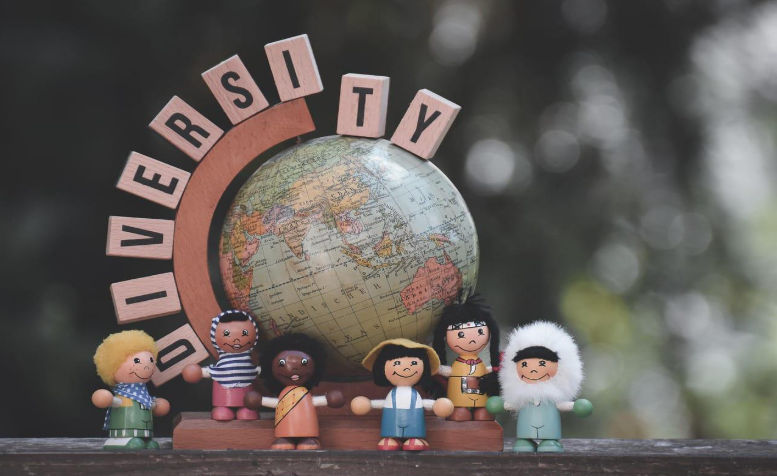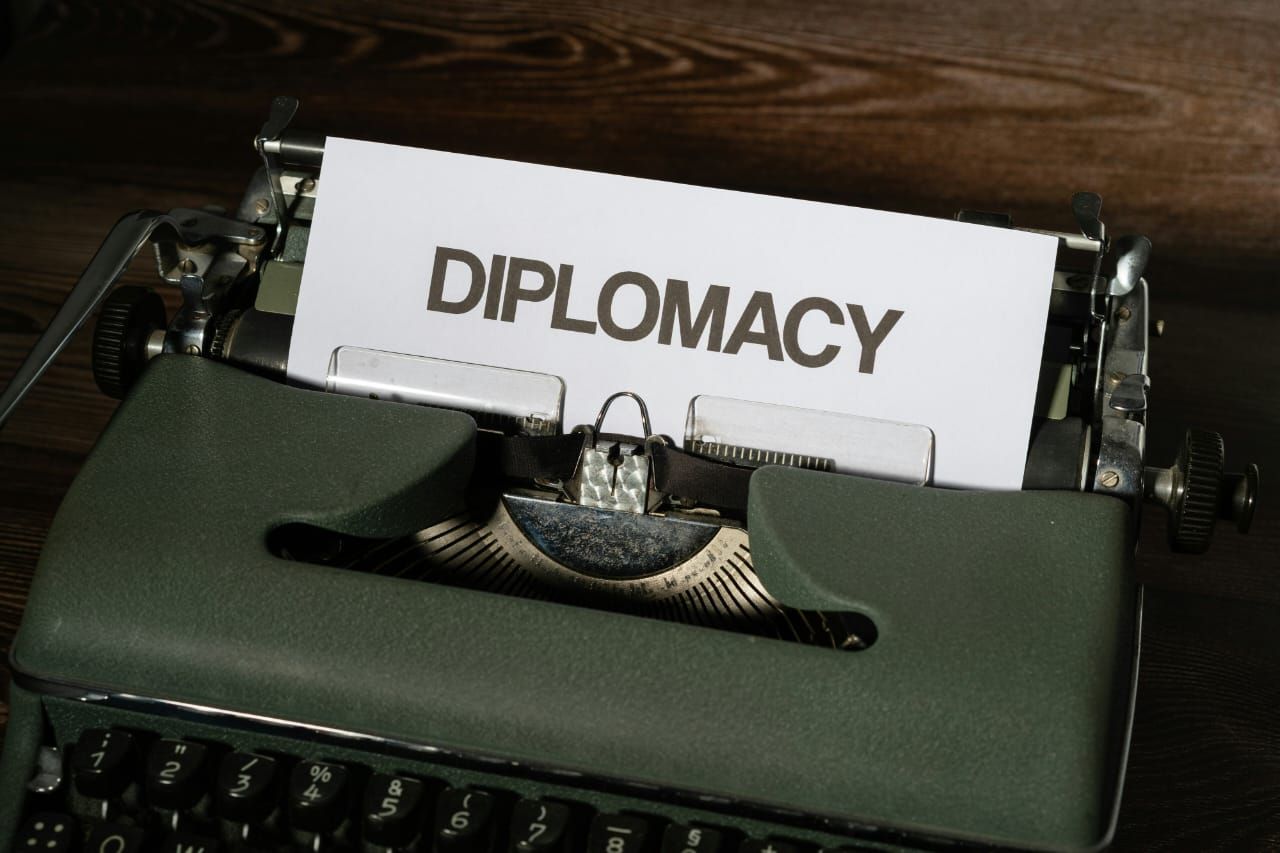The Death of Minority Languages
Every time a language disappears, humanity loses a thread in its rich tapestry.
25-07-2025Language can be used to dominate or liberate, exclude or include, oppress or empower.
Language and power dynamics are deeply intertwined; this relationship is a fundamental aspect of human interaction that shapes our perceptions, influences our relationships, and reflects the power dynamics within societies. The words we choose, the tone we employ, and our use of language can either strengthen or challenge existing power structures. Throughout history and across cultures, the connection between language and power dynamics has remained a central theme in politics, education, social identity, and access to opportunities. Hence, language is not merely a neutral tool for communication but a potent medium through which power is expressed, maintained, and contested. In this article, we will explore the intricate relationship between language and power dynamics.
One of the most direct ways language intersects with power is through its role in governance and authority. Colonial powers, for instance, often imposed their languages on colonised populations, not only to administer territories but to reshape cultural identities and assert dominance. By controlling language, colonisers also controlled knowledge production, education, legal systems, and public discourse. This linguistic imposition often led to the marginalisation or even extinction of indigenous languages.
Even in post-colonial societies, the legacy of language as power persists. The dominance of global languages like English, French, or Mandarin often determines who has access to education, international business, and political influence. Those who speak these languages fluently tend to have greater socioeconomic mobility, while speakers of minority languages may find themselves sidelined.
Language often reflects and reinforces social hierarchies. Dialects, accents, and linguistic styles are identity markers but are also judged based on social prestige. In many societies, certain ways of speaking are seen as more "correct" or "educated," while others are stigmatised. For example, speakers of non-standard dialects may face discrimination in job interviews, education, or media representation, even if their linguistic variety is grammatically complex and rich in cultural history.
This dynamic creates a hierarchy where the standard or "elite" language form becomes a gatekeeper to power and privilege. Those who master it are often perceived as more competent, intelligent, or authoritative, regardless of their capabilities.
Language serves as a medium for both maintaining and challenging power, acting as a powerful means of resistance and empowerment. Social movements often utilise language to combat oppression, redefine identities, and advocate for equity. Thus, while language can reinforce existing power structures, it can also be challenged and subverted. This can be accomplished through:
The connection between language and power is intricate. Language serves to dominate or liberate, exclude or include, and oppress or empower. Grasping this connection is essential for fostering more equitable societies. Acknowledging linguistic diversity, advocating for multilingual education, and confronting linguistic bias are crucial actions for breaking down unjust power dynamics, ensuring language acts as a bridge to human potential rather than a barrier.
Spread the Knowledge! 🚀
Found this article useful? Click the Share button below and let others benefit too!

Every time a language disappears, humanity loses a thread in its rich tapestry.
25-07-2025
Language diversity is not merely a cultural asset, it is a vital thread in the tapestry of humanity. Each language contributes to the richness of our shared human experience.
24-04-2025
When language becomes a barrier in diplomacy and international relations, it hinders effective communication, making it challenging to achieve anything.
20-06-2025